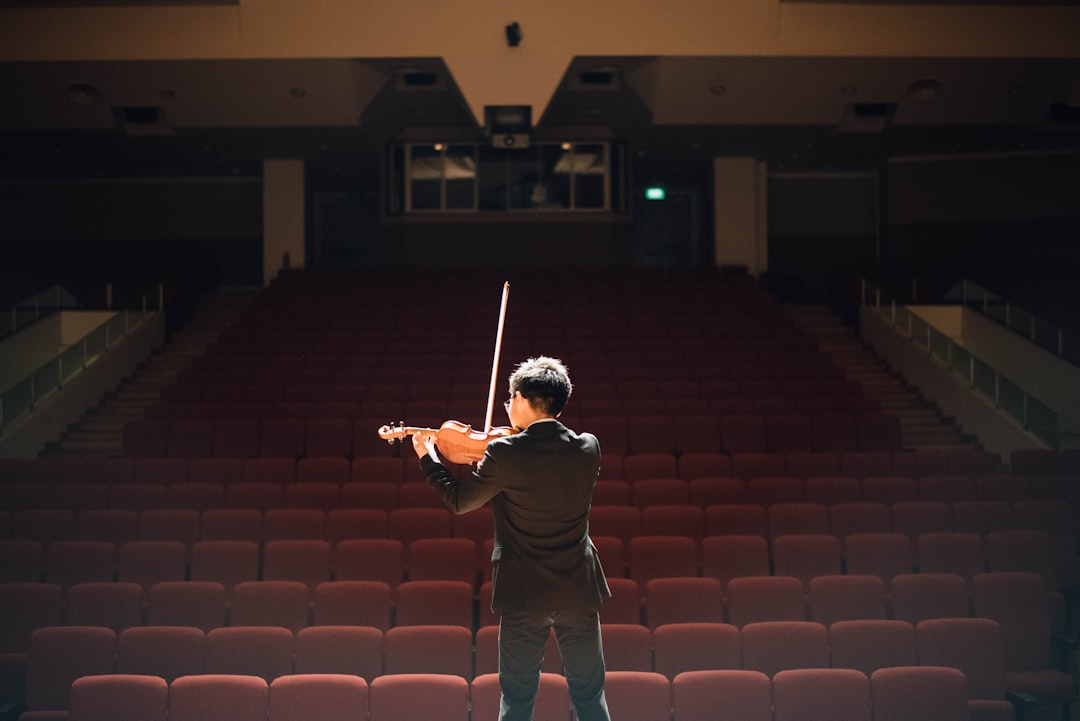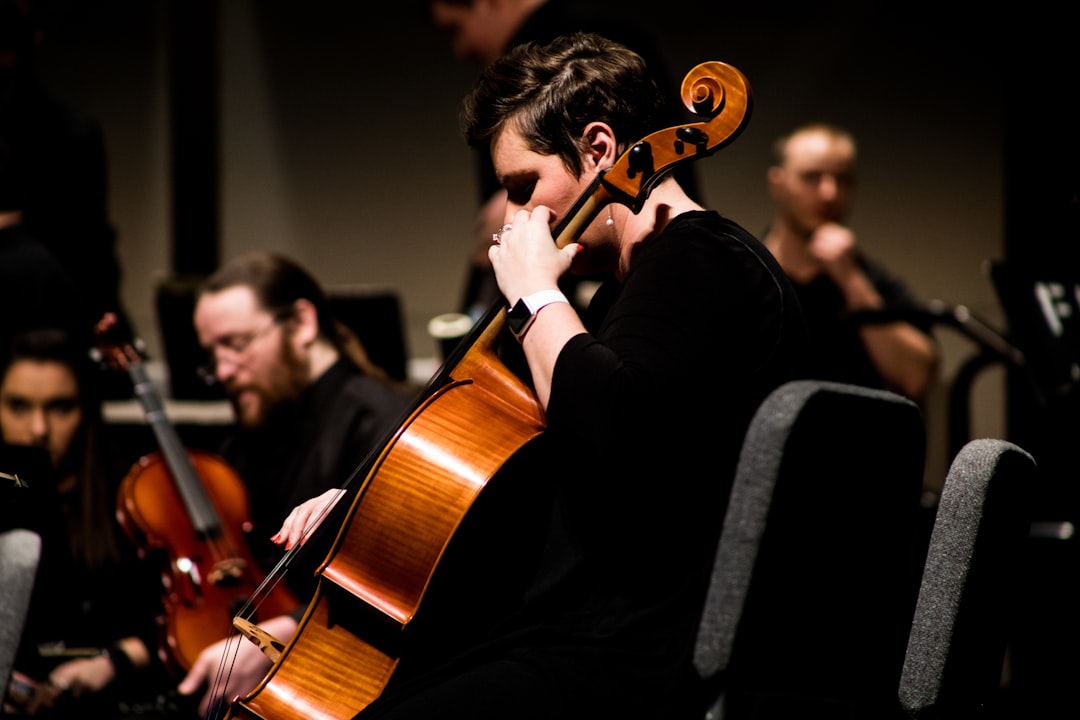When we think of musicians, we often picture them skillfully playing various pieces on their instruments or singing beautiful melodies. Behind these performances lies a vast array of repertoire that they have meticulously studied and practiced. Repertoire refers to the collection of pieces that a musician can perform, ranging from classical compositions to contemporary works.
One of the key reasons why repertoire is crucial in music is its role in shaping a musician’s identity and artistic vision. The pieces that a musician chooses to include in their repertoire reflect their musical preferences, technical abilities, and interpretive skills. By exploring diverse genres and styles, musicians can develop a distinctive musical voice that sets them apart from others.
Repertoire also plays a vital role in a musician’s career trajectory. Concert programmers, competition judges, and recording labels often assess a musician’s repertoire to gauge their artistic range and versatility. Having a well-rounded repertoire that includes a mix of standard works, contemporary compositions, and lesser-known gems can open up new opportunities for performers and help them establish themselves in the music industry.
Moreover, repertoire serves as a source of inspiration and creativity for musicians. By delving into new pieces and exploring unfamiliar musical territories, musicians can expand their artistic horizons and push the boundaries of their creativity. Whether it’s interpreting a classic masterpiece in a unique way or commissioning new works from emerging composers, repertoire allows musicians to continually evolve and grow as artists.
In addition to personal growth and artistic expression, repertoire also plays a crucial role in preserving and promoting musical heritage. By studying and performing works from different time periods and cultures, musicians help to keep the rich tapestry of musical history alive and relevant. Repertoire acts as a bridge between the past, present, and future, connecting generations of musicians and audiences through the universal language of music.
As musicians continue to expand their repertoire and explore new musical territories, they contribute to the vibrancy and diversity of the music world. Each new piece learned, performed, and shared adds to the collective tapestry of musical experiences, enriching the lives of performers and listeners alike. By embracing the importance of repertoire in music, musicians can continue to push the boundaries of creativity, innovation, and artistic excellence.






